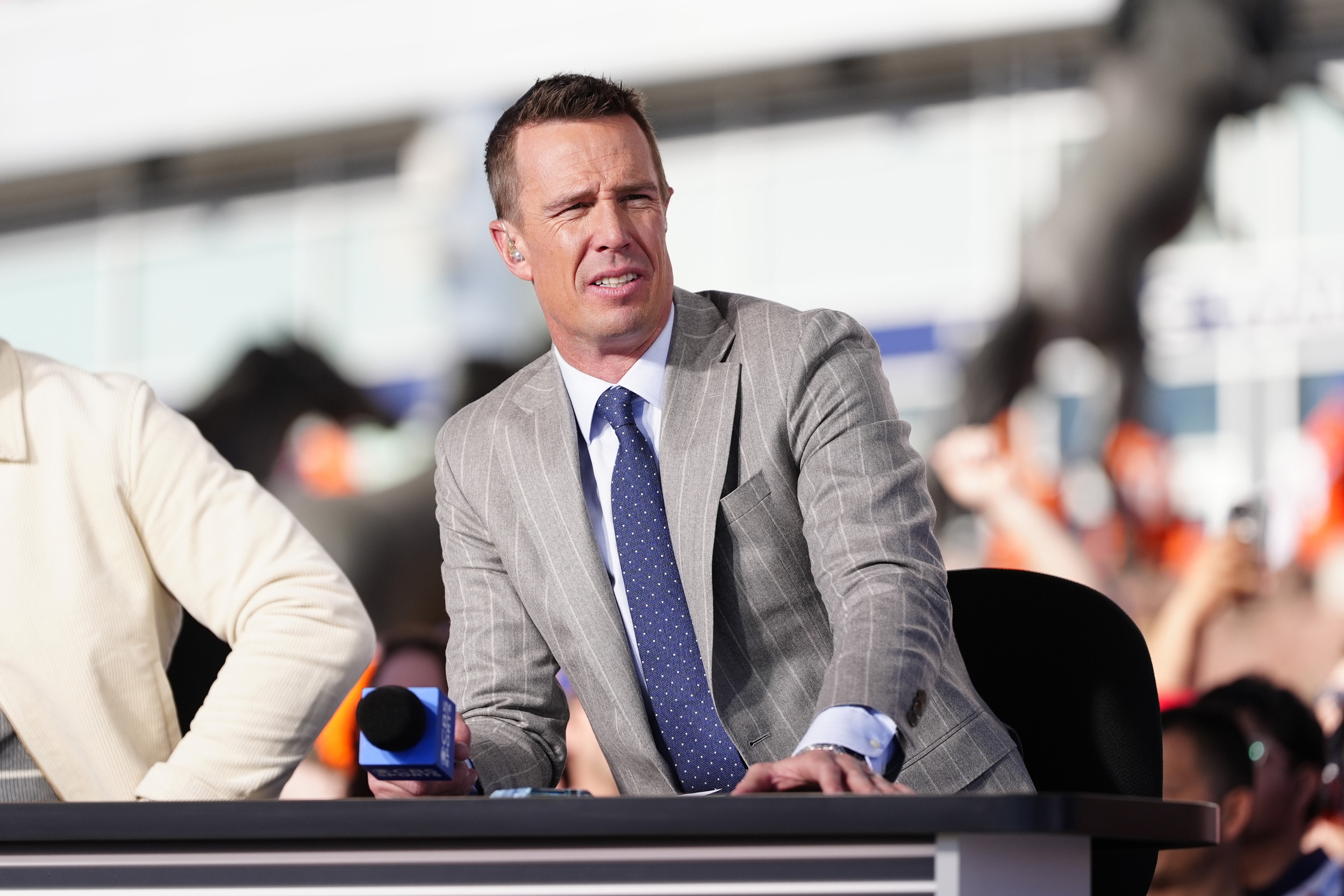It’s interesting — the kinds of things you’ll see and hear watching a soccer game in an American bar. There was the guy behind me, who shouted “No! No!” every time Belgium threatened the U.S. goal. There was the guy who bellowed out the Star-Spangled Banner like he was standing in the same stadium as the USMNT. And there was the person who was only present because a midday sporting event is an excuse to have a drink at 1 p.m.
It didn’t matter the complexion of the people, though. When Belgium scored its first and then its second goal in overtime, the reaction was pretty much the same: disappointment. But really, how disappointed could we be?
Belgium had dominated possession for all 90 minutes of the game. It was clearly the better side.
When Belgium scored its second goal, I felt relieved. I was at peace with the final result — the scoreline accurately represented the game itself. The U.S. had already used up its miracle in its win over Ghana — a game that Ghana controlled from start to finish. There would be no more miracles.
But then, Michael Bradley lofted a gorgeous pass over the middle of the defense (LB+Y for you FIFA nerds out there) and Julian Green — a teenager — brought the U.S. back within one.
Shit. Now, I thought to myself, I’m going to be disappointed.
When the final whistle blew — after Clint Dempsey slipped behind the Belgium defense and nearly equalized, after Jermaine Jones came dangerously close to netting the biggest goal in U.S. soccer history — I was more than disappointed. We were that close to stealing a win.
But that disappointment quickly faded.
It’s not as if by losing this game the U.S. was blowing its opportunity at winning the World Cup. No, Belgium’s victory ensured that U.S. fans weren’t going to have to watch Messi score five goals on the USMNT in the quarterfinals.
Since the game, I’ve read endless tweets and posts about how spectacular and amazing the U.S.’ run to the Round of 16 was, about how much better we played than in previous years.
While I agree that improvements from 2010 were made and the future looks more promising than it ever has for U.S. soccer, the notion that we were so close to advancing to the next round and the notion that we’re getting close to beating the top countries just isn’t true.
The U.S.’ run to the Round of 16 via the “Group of Death” was amazing because the USMNT didn’t really play all that well. It lucked into a win over Ghana by scoring a goal 30 seconds into the game, sitting behind the ball for 80 minutes, then scoring on a corner kick. The game against Portugal was by far the best game the U.S. has played in a World Cup in a long long time (more on that later), but the game against Germany looked much like the Ghana game, minus any fluky goals by the U.S. And in the last match, Belgium looked just as potent as Germany.
There’s no shame in losing two close games (score-wise) to Germany and Belgium. Those are two top teams. And there’s no need to apologize for beating Ghana despite getting severely outplayed.
But, until the USMNT begins taking it to teams of that caliber, until the U.S. does more than just sit back on defense and score on counterattacks, the U.S. can’t really consider itself a top team. Still, there’s reasons to be optimistic. If anyone can complete the transformation, I think Jurgen Klinsmann is the guy — the team has already shown signs of improvement.
But just because the USMNT survived the Group of Death doesn’t mean it’s well on its way to reaching World Cup glory. There’s still a while to go for that to happen.
Here are five other thoughts…








